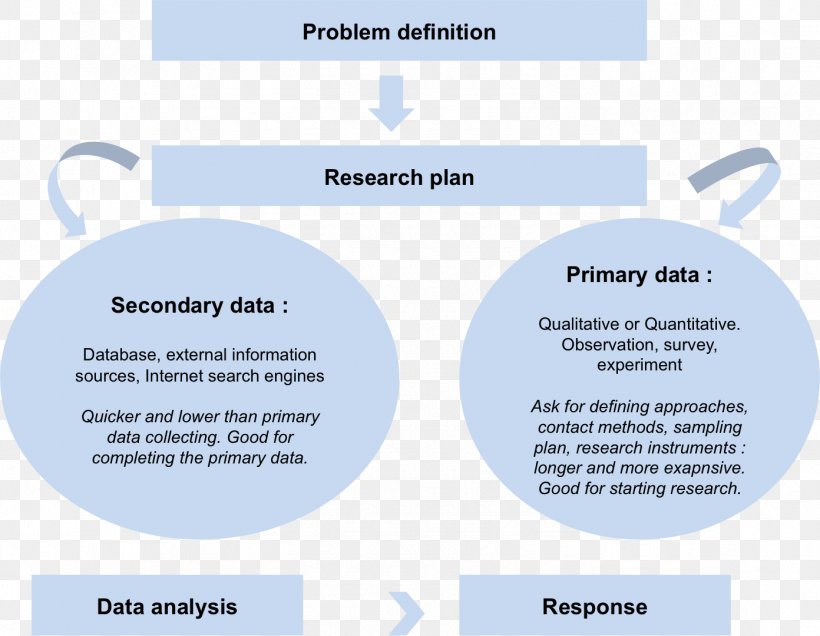Introduction: Developing a well-structured legal research strategy is essential for those seeking accurate and reliable information to support their legal arguments and provide valuable insights. Utilizing secondary sources is an integral part of this process, as they offer a wealth of information and analysis. In this article, we will explore the importance of developing a legal research strategy, delve into the benefits of reviewing secondary sources, and provide practical tips on how to effectively incorporate them into your research.
Understanding the Significance of Developing a Legal Research Strategy: Developing a comprehensive legal research strategy is crucial for several reasons. It helps in identifying relevant legal sources, saves time by streamlining the research process, and ensures a methodical and organized approach to finding accurate information. A well-planned research strategy also helps in avoiding duplicate efforts and ensures the researcher’s focus is on pertinent sources.
The Benefits of Reviewing Secondary Sources in Legal Research: Secondary sources play a pivotal role in legal research and offer valuable insights and interpretations of primary legal materials. They include textbooks, legal encyclopedias, law review articles, and treatises. Incorporating secondary sources into your research provides the following benefits:

- Analysis and Commentary: Secondary sources often provide comprehensive analysis and commentary on legal issues, enabling researchers to gain a deeper understanding of complex legal concepts and principles.
- Historical and Comparative Perspectives: Secondary sources can offer historical context and comparative perspectives on legal topics, enhancing the researcher’s understanding of the evolution of legal principles and their application across different jurisdictions.
- Supporting Primary Sources: Secondary sources can support and validate the researcher’s interpretation of primary legal materials, reinforcing the arguments made in legal briefs, opinions, and other legal documents.
Tips for Developing an Effective Legal Research Strategy:
- Define Your Research Objective: Clearly articulate the purpose of your research to identify the specific legal issues, key concepts, and legal materials that need to be explored.
- Identify Relevant Primary Sources: Identify the primary legal sources that are directly applicable to your research, such as statutes, regulations, case law, and administrative decisions.
- Utilize Secondary Sources: Identify reputable secondary sources that cover the legal issues related to your research topic. Look for authoritative textbooks, law review articles, treatises, and legal encyclopedias.
- Evaluate the Credibility of Secondary Sources: Ensure that the secondary sources you utilize are reliable and authored by reputable legal scholars or experts in the field. Pay attention to the publication date, as the law may have evolved since the source’s publication.
- Cross-Reference and Validate: Cross-reference the information obtained from secondary sources with primary legal materials to validate the accuracy and relevance of the information.
Conclusion: Developing a comprehensive legal research strategy is essential for obtaining accurate and reliable information. By incorporating secondary sources into your research, you can gain valuable insights, enhance your understanding of legal concepts, and strengthen your legal arguments. Remember to define your research objectives, identify relevant primary sources, and utilize credible secondary sources to ensure the effectiveness of your legal research efforts.











